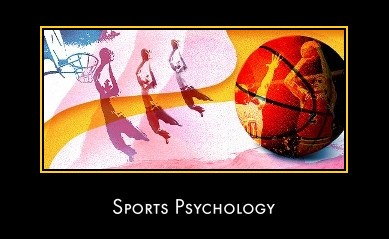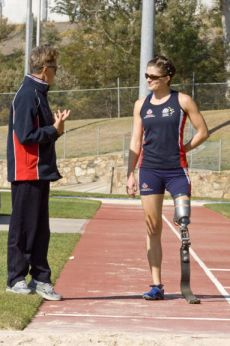One of the reasons why athletes perform better now is because of sports psychology programs. Sports psychology is an increasingly growing field with a lot of psychology majors venturing into it. A career in sports psychology is more than just helping professional athletes. It also involves teaching and research. Let’s find out more about this course and the different sports psychology programs available.
Sports Psychology as a Profession
A sport psychologist’s job is the following:
a) Improve an athlete’s motivation and performance through psychology
b) Gain insights on how sports, athletics and exercise can improve the overall wellbeing of an athlete
Primarily, a sports psychologist helps construct a training program using psychological methods that can increase an athlete’s motivation to perform better. They can also offer counseling services whenever an athlete has some psychological concerns (like injuries or personal problems). Or they can teach at universities and impart their knowledge to non-athletes with the hope of increasing general personal well-being.
How to Become a Sports Psychologist
As mentioned, sports psychology is a new and emerging trend. Though this program was non-existent a couple of decades ago, the ever-expanding sports market made this off-shoot in the field of psychology a necessity. Here are the steps on how to become a sports psychologist:
- Pursue a Bachelor’s Degree in Psychology — with undergraduate units in Sports Psychology. There are actually 80 universities and colleges that offer this program. For sure, you can find a good school that is accessible to you
- Get a Master’s Degree in Sports Psychology. A lot of sports teams and athletes require their sports psychologist to obtain advanced studies.
- Then get a Doctorate Degree. This is a requisite for you to obtain a sport psychology certification.
- Apply for an internship either in hospitals, clinics, universities or professional sports team. Being an intern opens a lot of doors for you. A job opportunity might be waiting for you in the institution you interned for.
- Review and take the Examination for Professional Practice in Psychology (EPPP) which is given by the Association of State and Provincial Psychology Boards (ASPPB). This exam can be taken at various times throughout the year. You can get the information you need in regards to the certification from your school’s guidance office.
- You can also find help from the American Board of Sports Psychology. Your peers in sports psychology will be more than happy to aid you to be certified. They will act as your guide to the industry. They will also review qualifications and experience.
Colleges and Universities Offering Sports Psychology Programs
Here’s a list of institutions that offer programs in sports psychology:
Certificate and Masters Degrees
- Adler School of Professional Psychology—Chicago, IL
- A.T. Still University of Health Sciences—Online
- California Southern University—Online
- University of Roehampton
- John F. Kennedy University—Pleasant Hill, CA
- Canisius College—Buffalo, NY
- Capella University—Online
- Georgia Southern University—Statesboro, GA
- University of New Haven—Online
- Bowling Green State University—Bowling Green, OH
- University of Kent—Chatham, Kent, England
- Ithaca College—Ithaca, NY
- Southern Illinois University—Edwardsville, IL
- Minnesota State University—Mankatao, MN
- Illinois State University—Normal, IL
- University of Queensland—Brisbane, Queensland, Australia
- Miami University—Oxford, OH
- Seton Hall University—Southern Orange, NJ
- Barry University—Miami, FL
- University of Denver—Denver, CO
- Texas A&M University—Corpus Christi, TX
Certificate, Masters and Doctorate Degrees
- University of the Rockies—Colorado Springs, CO
- Argosy University Phoenix—AZ and CA
- University of Utah—Salt Lake City, UT
- Boston University—Boston, MA
- University of Oregon—Eugene, OR
- Rutgers, The State University of New Jersey—Piscataway, NJ
- Old Dominion University—Norfolk, VA
- Florida State University—Tallahassee, FL
- University of Florida—Gainesville, FL
- Michigan State University—East Lansing, MI
We hope this guide to sports psychology programs has been helpful. A career in sports psychology is a good choice, with an annual median salary of $55,000. Perks include having to interact and help athletes perform better on a daily basis.


Be the first to comment on "Your Ultimate Guide To Sports Psychology Programs"